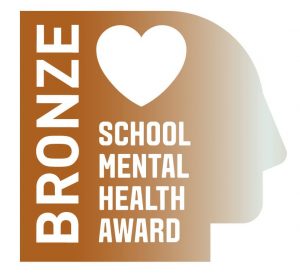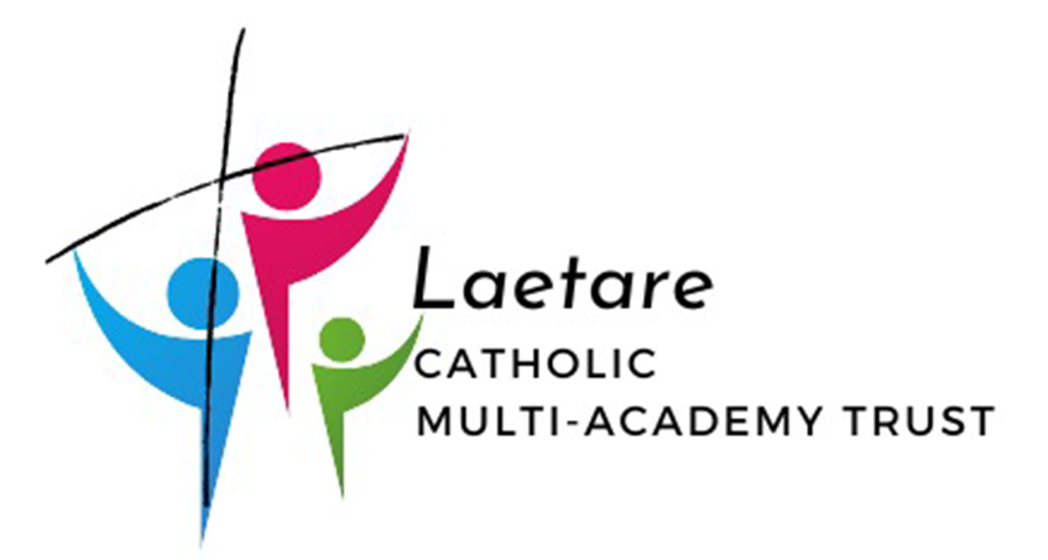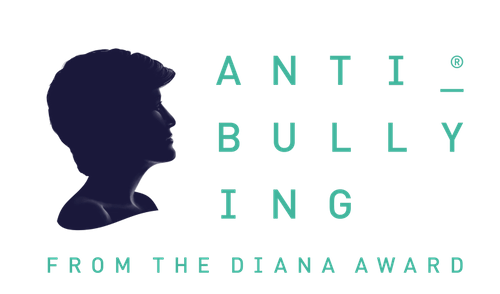CURRICULUM VISION – A highly ambitious curriculum in Psychology is
one that allows learners to weigh up the value of evidence, appreciate complex social issues and develop a nuanced understanding of human behaviour.
INTENT – summary of the thinking behind our curriculum design and its sequencing
Students are introduced to psychological perspectives first, grounding their theoretical understanding before being introduced to topics that allow them to apply this theory to human behaviour. They look at 10 different topics, each unit building in complexity and relying on their understanding of the ones before. Research Methods is embedded throughout the two years and culminates in two practical investigations where students can use their knowledge of the research process to design their own studies, implement them and analyse their findings.
IMPLEMENTATION – summary of the pedagogy to be used to effectively deliver the curriculum
Students should have a sound understanding of the research processes and issues pertinent to a behavioural science through lots of concrete examples, a first-hand experience of research design, implementation an analysis, and opportunities to apply their critical appreciation to academic research.
Students essay writing skills are scaffolded with the use of structure strips, exemplar answers, peer and self-assessment and DIRT time.
Students are expected to be able to use specialist terminology confidently and appropriately – terms are taught and defined in class, and “key terms” are highlighted at appropriate intervals, good practice amongst students is shared with the class and wider reading encouraged through a comprehensive library collection of Psychology books.
IMPACT – the long-lasting impact our curriculum will have on our students
To develop discerning and empathetic individuals who have a deeper understanding of their own experience and of human behaviour more broadly. To be kind – understanding that behaviour is only the outward manifestation of an individual’s complex inner mental life.
To develop critical thinkers who are skilled at interpreting evidence and importantly, the value of evidence – both in using statistics confidently and evaluating methodology.
To recognise Psychology’s place in a more holistic understanding of the world, appreciating the relationship of the discipline with other subjects – maths, biology, chemistry, economics, literature, history and geography.









